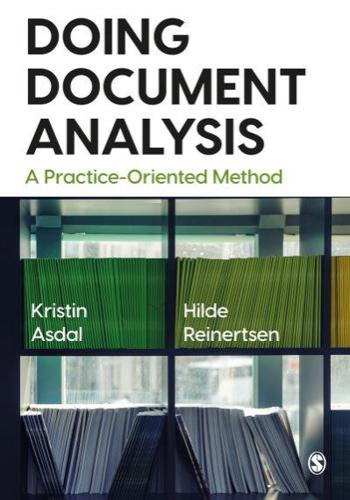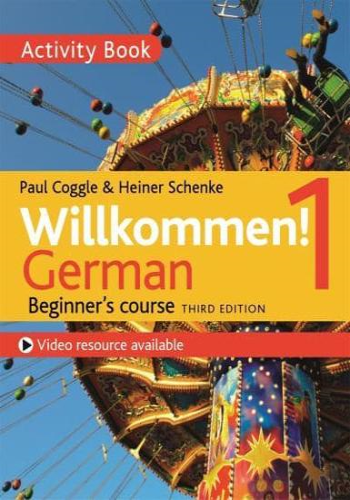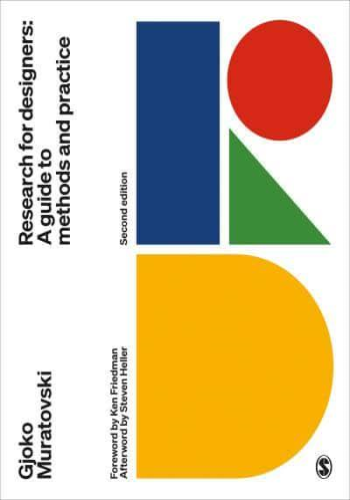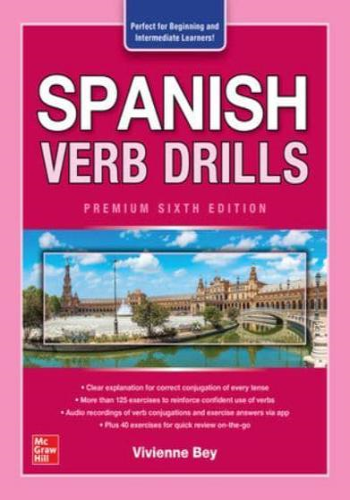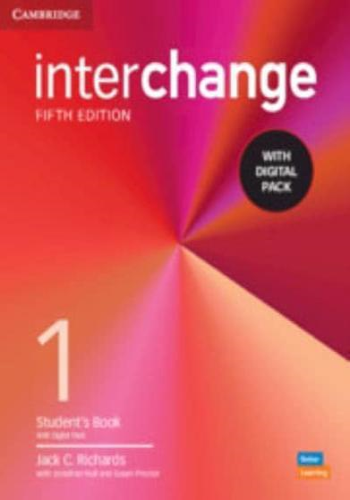*This listing is for the activity book. Willkommen! 1 is also available as a Course Pack, coursebook, and CD & DVD set.*
Willkommen! 1 German Beginner's Course is a best-selling multi-format German adult learning programme for classroom and home use. Fully revised and updated for this new edition, the course includes a coursebook, course pack, activity book and CD and DVD set plus online activities. This blended learning approach will get you speaking, writing and understanding German with accuracy and confidence.
The course covers levels A1 to A2 of the Common European Framework of Reference (CEFR) for Languages.
Whether you are learning for general interest, for your job, holiday, or for an exam, Willkommen! 1 is packed full of comprehensive material and interesting features to improve your fluency and understanding.
· Includes lively and contemporary topics from food, shopping and relationships to careers and life in Germany and German-speaking countries.
· Book, audio and video content allow for flexible use in the classroom and at home.
· Range of activities based on authentic materials including menus, brochures and interviews.
· Different types of writing practice, including letters, CV, emails and blogs.
· Listening material includes interviews, radio and TV clips.
· 'Real-life' German videos demonstrate how the language is really spoken.
· Deutschland info sections give practical and cultural insights into German life.
Created in consultation with teachers and learners, Willkommen! 1 provides about 120 hours of study and is ideal for group-learning as well as for revision and self-study.
Also available:
Coursebook (ISBN 9781473672659): this full-colour 288-page coursebook is the primary text for the course. Ideal for classroom and home use.
Course Pack (ISBN 9781473672673): includes the Coursebook, the CD and DVD Set and an online Support Book containing a key to the exercises and audio transcripts).
CD and DVD Set (ISBN 9781473672642): contains all the dialogues and listening activities included in the coursebook plus video content building on the real-life German used in the course.
